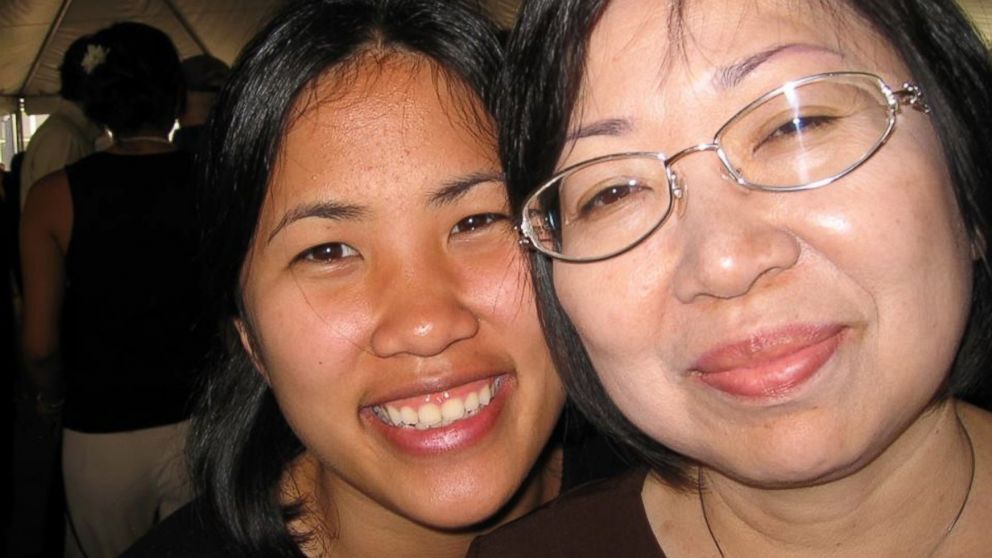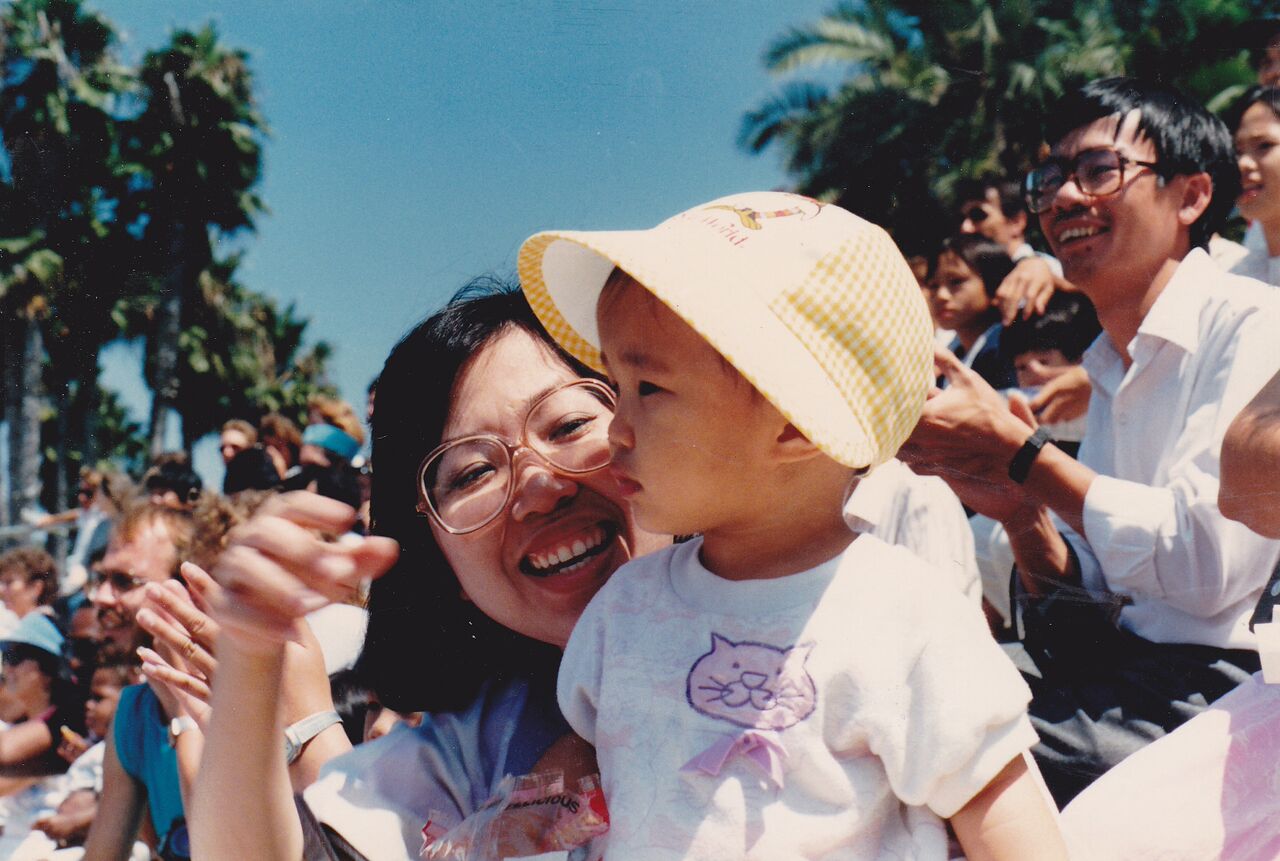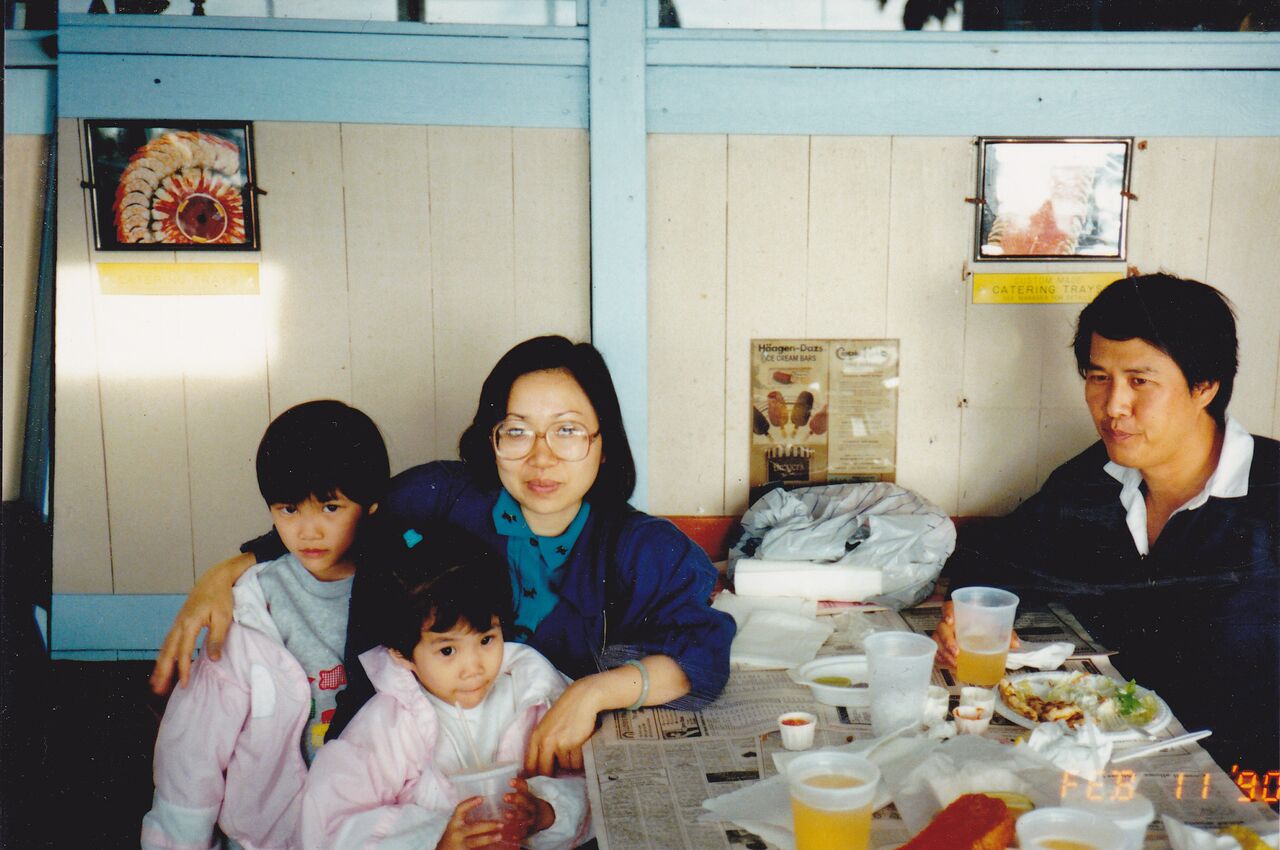Why I Want to Be a Doctor: How My Mother's Cancer Battle Changed My Job
Dr. Minh-Chi Tran recounts helping her mother through her cancer battle.

— -- Ask any doctor in training why they want to be a doctor and nine out of 10 answers will likely include, “I want to help people.”
This simple answer is supposed to be the motivation for eight years of schooling, followed by more years of working insane hours for our practical training. Now that I am almost complete with my training, I notice that we talk about wanting to help people less and less.
We do great things in medical training but we also get exposed to unfortunate realities. I get to care for many people who are prime examples of how society can fail. Without health insurance, long-term support options or decent health literacy, an elderly female patient of mine with heart failure and kidney disease does not pick up her medications or attend her dialysis sessions.
Who can blame her for eating too much salty processed food when she can’t afford the diet that I recommend? I see her every few weeks in the hospital to make her feel better. Then she goes home, is unable to afford her medications or healthy foods and the process repeats. Her case is not unique. In fact, depending where you practice medicine, this type of story is your norm.
Eventually, the formerly-inspired medical student starts to wonder if they're really helping people. Do we really make a difference and improve quality of life when you see your patients admitted to the hospital over and over? Who knows. But we continue to do what we do and fill our days with bad jokes and sarcasm to defend the eroding idealism in our hearts.
Then, something happens one day that makes you think twice about your work. For me, that was realizing my mom was one of the patients that slipped through our society’s cracks.
A little back story on my family. My parents were refugees of the Vietnam War and came to the United States after the fall of Saigon. They met, fell in love, and grew a family. My mom worked a variety of jobs but eventually found a career as a hairstylist to support us. In our situation, we were far from privileged and grew up most of our life without a primary care doctor, a dentist, or health insurance. But we were robust and we were fine.
Then her back pain started. I was in residency at the time and using my primary care experience I told my mom to take some Tylenol, ibuprofen and see a physical therapist. But let’s be honest, she did not have easy access to a physical therapist.

The back pain got worse. She got some X-rays at urgent care that were normal and so the advice above was repeated.
The back pain continued and it got pretty bad. At this point, Obamacare became available and she now has insurance under the Affordable Care Act. It took some time, but she got scheduled for an MRI, a type of detailed image that can tell doctors a lot about whether we should be more worried than usual about someone’s back pain.
A week before the MRI, I got a phone call from an emergency room. “Your mother fell down, she has an incurable cancer in her spine and is paralyzed. She is being taken emergently to surgery.” She made it through the surgery but is indeed paralyzed from the waist down. Our family got hit hard with emotions and difficult to afford logistics.
The rehab facility we wanted did not take our level of insurance. Neither did the oncologist. So, we searched and finally managed to find her care, and months after her diagnosis she began her cancer treatment.
She got a little better and the family is urged to think about a bone marrow transplant. But they didn't take our insurance. Instead, we were asked to debate the high costs of the transplant versus second-line treatments due to our financial situation. Before this decision was made, she got worse, and after some hard weeks, she passed away.

And so there I was. A doctor with medical knowledge and experience. I have helped and I have saved people. But I was unable to diagnose my mother and I was unable to navigate the health care system fully to get her the best care. I went through a strange period as I went back to work. I felt like a failure but had to keep caring for patients anyway.
Then as the pain eased a little, my daily grind started to feel different. I started seeing my mom in my patients. The lack of money, the lack of transportation, the utter frustration of dealing with a chronic illness. She was there, she was there in my patient’s stories and I understood them. And I remember, “I want to help people. I want to help you. I want to help her.”
Mai-Phuong Tran passed away from multiple myeloma on Dec. 8, 2015. Today, March 17, marks the 100th day of her passing. This is an important day for remembrance in the Vietnamese culture.
Dr. Minh-Chi Tran is an internal medicine resident at the University of California Davis Medical Center and a resident at the ABC News Medical Unit. Opinions expressed in this article are hers and do not necessarily reflect the views of ABC News.




